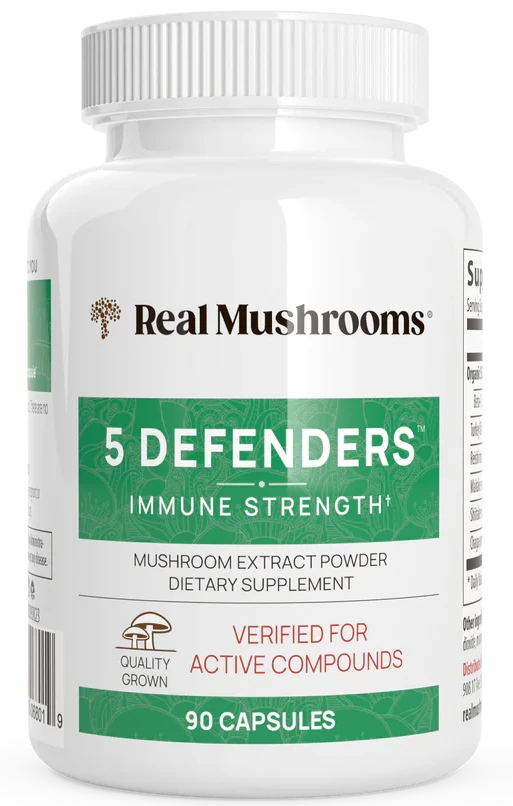Herpes Does Not Go Away, But A Potential Cure May Be Close
Herpes simplex virus (HSV) is a lifelong infection that remains a significant challenge for medical science due to its ability to lie dormant in nerve cells for extended periods.
Despite ongoing research, there is currently no cure for herpes, but promising developments in gene therapy and vaccines offer hope for a future cure.
In this article, we will explore the challenges of a herpes cure and the ongoing research into vaccines and gene therapy, as well as the importance of managing herpes today.
From understanding the virus to managing its symptoms, let's delve into the world of herpes and its impact on our lives.
This websites contains affiliate links. As part of the Amazon Associates program, we may earn from qualifying purchases.
There is no cure for Herpes
Herpes is a persistent infection that causes symptoms such as blisters or sores on the mouth or genitals.
While antiviral medications like acyclovir, valacyclovir (Valtrex), and famciclovir (Famvir) can help manage symptoms and reduce the risk of transmission, they do not eliminate the virus from the body.
The virus can remain dormant in nerve cells, reactivating at will, making it difficult to completely eradicate the infection.
This elusive nature of a herpes cure stems from the virus's ability to hide within nerve cells, reactivating at will, even if antiviral drugs manage to destroy the active virus.
To find an effective treatment, researchers must delve deeper into the mechanisms that enable the virus to hide, potentially leading to treatments that target latent HSV and even a functional cure.
One promising approach involves gene therapy, which uses laboratory-modified viruses to deliver enzymes that can damage or eliminate the herpes virus.
In a recent study, an experimental gene therapy eliminated at least 90% of HSV-1 in preclinical models of oral and genital herpes, reducing viral shedding and suggesting that the therapy could also reduce the spread of the virus.
This streamlined gene editing approach has fewer side effects and is easier to manufacture, making it a more promising candidate for human trials.
Another area of research involves mRNA vaccines, which have shown promise in combating COVID-19.
Researchers are investigating the potential of these vaccines to offer a solution for herpes, as they could potentially stimulate the body's immune system to recognize and attack the virus.
These developments offer hope that a cure for herpes may be on the horizon, providing relief to the millions of people worldwide who live with the infection.

While there is no cure for herpes, ongoing research into vaccines and gene therapy offers hope for a future cure.
For those with herpes, managing symptoms and reducing the risk of transmission through antiviral medications and psychotherapy can help alleviate the burden of the infection.
As researchers continue to push the boundaries of what is possible, a cure for herpes may eventually become a reality, providing a new era of hope and relief for those affected by this persistent infection.
Does Herpes Go Away on Its Own?
Contrary to popular belief, herpes is not a condition that simply "goes away" on its own.
Herpes is a lifelong, incurable viral infection caused by the herpes simplex virus (HSV).
Once a person is infected with HSV, the virus remains dormant in the body's nerve cells and can reactivate periodically, causing recurrent outbreaks of symptoms.
In some cases, the frequency and severity of herpes outbreaks may decrease over time, but the virus will never completely go away on its own.
The only way to potentially achieve a "cure" for herpes would be through the development of new treatments, such as gene therapy or mRNA vaccines, that can effectively eliminate the virus from the body.




